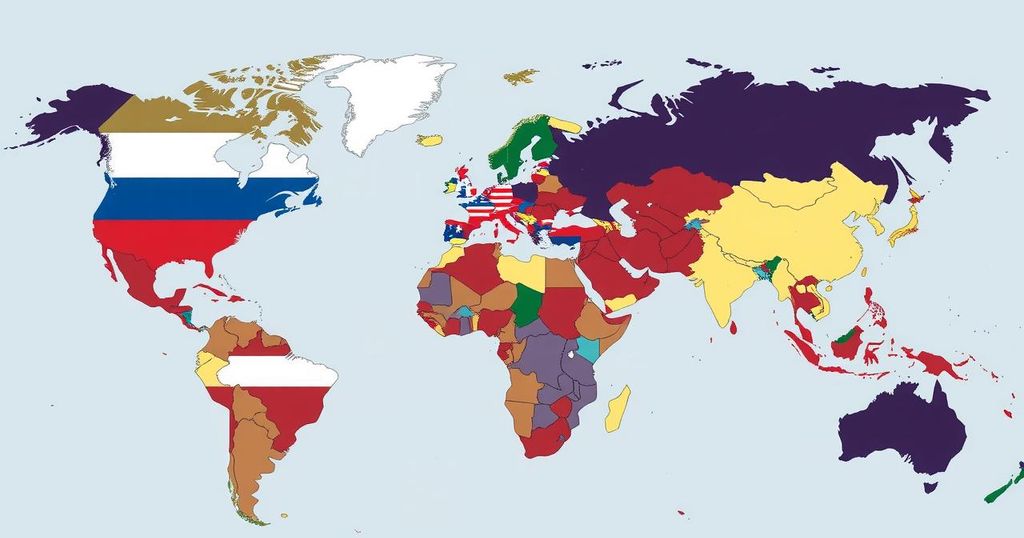Ahead of Donald Trump’s potential return to the White House, President Biden has approved a national security memorandum to guide the next administration in dealing with the increasing cooperation among China, Iran, North Korea, and Russia. This document offers strategic recommendations for interagency collaboration, information exchange with allies, effective use of sanctions, and crisis management preparedness.
In a strategic move prior to former President Donald Trump’s anticipated return to office, President Joe Biden has sanctioned a national security memorandum designed to guide the incoming administration in navigating complex challenges posed by China, Iran, North Korea, and Russia. Developed over the summer by Biden administration officials, this classified document aims to mitigate the evolving cooperation among these adversaries, reflecting a need for improved interagency collaboration and timely information exchange with allies.
The memorandum outlines four principal recommendations: enhancing U.S. government interagency cooperation, expediting information sharing with allies regarding the four adversaries, optimizing the utilization of sanctions and economic measures, and fortifying preparations for concurrently managing multiple crises involving these nations. U.S. concerns about the growing coordination among these countries have heightened in response to geopolitical events, especially following Russia’s invasion of Ukraine in 2022.
As Russia faces increased global isolation, it has sought assistance from Iran for military technology, while simultaneously benefiting from North Korean military supplies. This evolving relationship has led to Russia providing Iran with advanced military equipment and reinforcing its missile capabilities. Furthermore, China’s collaboration with Russia aims to deepen military cooperation, evident in joint endeavors, including Arctic patrols. Despite the ideological differences between Biden and Trump, both administrations acknowledge the importance of national security coordination during this transition period.
The national security memorandum resonates with the current geopolitical climate where cooperation among key adversaries is increasingly threatening U.S. interests. The document serves as a preparatory outline for the incoming administration, providing a framework to address the multifaceted challenges posed by adversaries such as China, Iran, North Korea, and Russia. It is particularly relevant in the wake of heightened tensions following Russia’s military actions and its subsequent isolation on the global stage.
In summary, President Biden’s approval of the national security memorandum is a proactive initiative designed to equip the incoming administration with a strategic framework for addressing the intertwined threats from China, Iran, North Korea, and Russia. Through enhanced cooperation, timely information sharing, and calibrated economic measures, the memorandum aims to prepare the United States for a complex international landscape characterized by the coordinated efforts of these adversarial states.
Original Source: www.pbs.org







